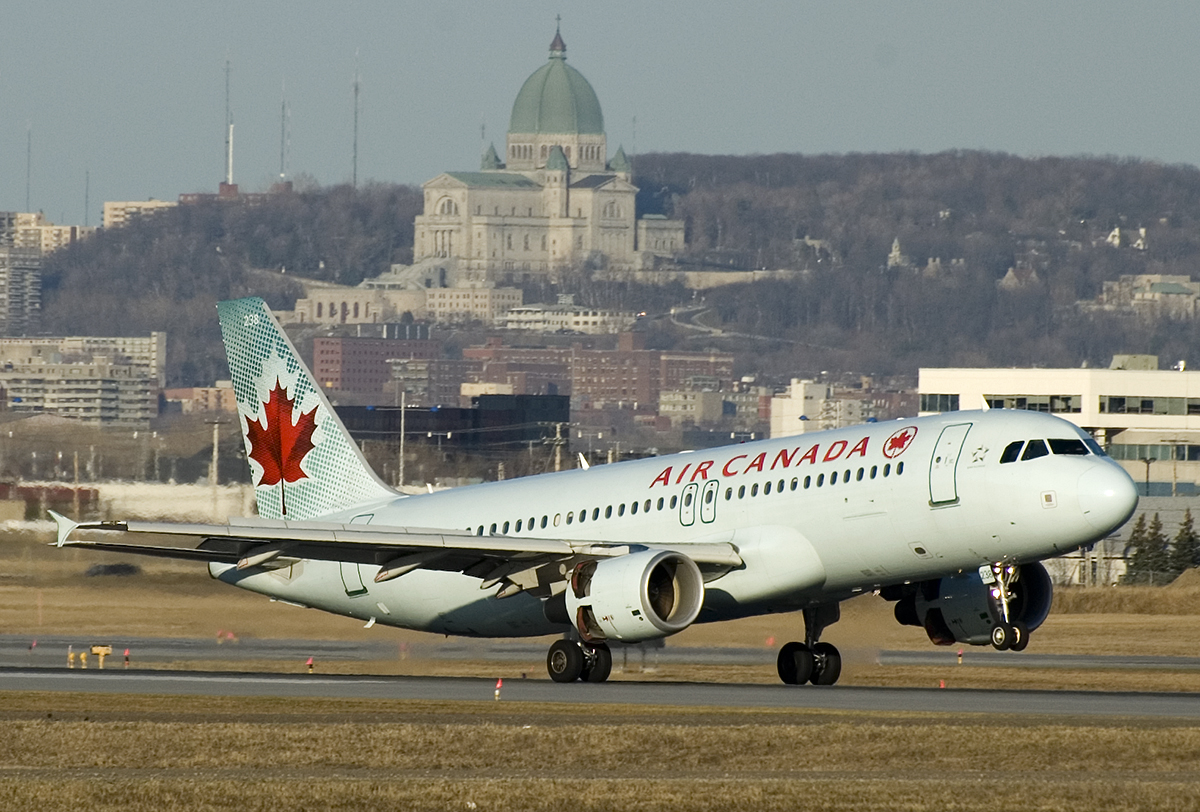The fight for a fair deal continues for flight attendants represented by the Canadian Union of Public Employees (CUPE) after union members voted to reject the tentative agreement reached with Air Canada.
CUPE flight attendants came out in droves to vote on this tentative agreement, with a voter turnout of 94.6 per cent. Workers overwhelmingly rejected the deal, with more than 99 per cent voting against ratifying it.
On their website, CUPE said the proposed wage increases would not be enough for flight attendant wages to meet the federal minimum wage of $2,840 per month on a 40-hour workweek. Under the tentative agreement, full-time Rouge flight attendants would have earned $2,219 per month, and a full-time flight attendant for Air Canada’s mainline would earn $2,522 per month.
CUPE said Air Canada offered a wage increase of 12 per cent to attendants with five years or less of experience and eight per cent for those with more for the first year of the tentative agreement. Subsequent wage increases would be three per cent in the second year, 2.5 per cent in the third and 2.75 per cent in the fourth.
“Air Canada never bargained in good faith on wages,” said Wesley Lesosky, President of the Air Canada Component of CUPE. “By CEO Michael Rousseau’s own admission, the company expected the federal government to intervene and take away the only leverage we had – our right to go on strike. Jobs Minister Patty Hajdu only waited 11 hours to prove the company right.”
Another pay issue that helped flight attendants garner public support during this round of bargaining was unpaid work. Due to a pay system relying on “block time,” flight attendants are only paid for the hours between takeoff and landing.
READ MORE: Air Canada flight attendants could strike this weekend
Hours spent on the ground are unpaid, however flight attendants perform crucial tasks like performing mandatory safety checks. A bargaining backgrounder from CUPE said the forced unpaid work hours have led to high turnover, fatigue, and declining morale in a safety-critical role.
CUPE said flight attendants were able to secure partial pay for their work on the ground, which represents progress in the fight to end unpaid work.
According to a release by Air Canada, the union and employer discussed what would happen should union membership reject the tentative agreement. Air Canada wrote that the two parties mutually agreed to sending the wage portion of negotiations to mediation and, if necessary, arbitration.
Air Canada stated that the parties mutually agreed that no labour disruption could be initiated, meaning there will be no further strike or lockout.
Professor of Labour Studies at Brock University, Larry Savage, shared his reflections on the ratification vote results to the social media platform X (Formerly Twitter). Savage said flight attendants had heightened expectations for this deal. While the tentative agreement did include wage increases, they were not at the same level as the wage increases won for flight attendants at Air Transat or pilots at Air Canada.
“The union oversold the tentative agreement by declaring the end of unpaid work,” Savage wrote in a post on X. “That framing seems to have rubbed some members the wrong way.”
As bargaining continues on, CUPE highlighted the role the federal government played in tipping the scales. Flight Attendants were ordered back to work by the Canada Industrial Relations Board after Minister of Jobs and Families Patty Hadju invoked section 107 of the Canada Labour code.
“Rather than maintaining their neutrality, the federal government kept their thumb on the scale throughout the bargaining process and gave Air Canada the leverage they needed to suppress flight attendants’ wages,” CUPE wrote on their website.
Support rabble today!
We’re so glad you stopped by! Thanks for consuming rabble content this year.
rabble.ca is 100% reader and donor funded, so as an avid reader of our content, we hope you will consider gifting rabble with a donation during our summer fundraiser today.
 Nick Seebruch, editor
Nick Seebruch, editor
Whether it be a one-time donation or a small monthly contribution, your support is critical to keep rabble writers producing the work you’ve come to rely on as a part of a healthy media diet.
Become a rabble rouser — donate to rabble.ca today.
Nick Seebruch, editor

